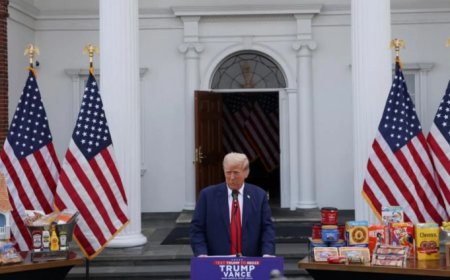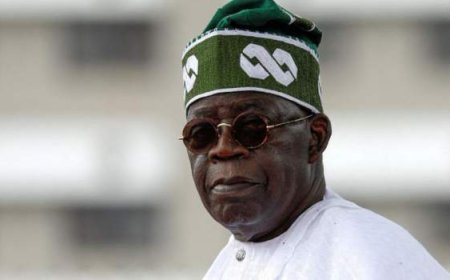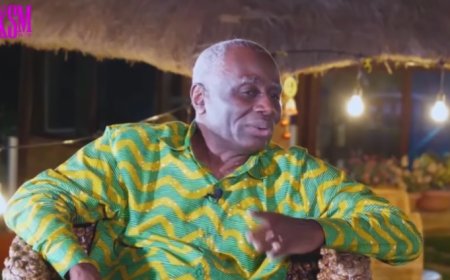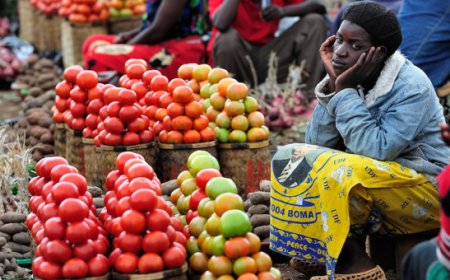High Prices of Livestock Dampen Eid-ul-Fitr Celebrations
Soaring prices of livestock impacting Eid-ul-Fitr celebrations among the Muslim community, as economic challenges and currency depreciation exacerbate the situation.
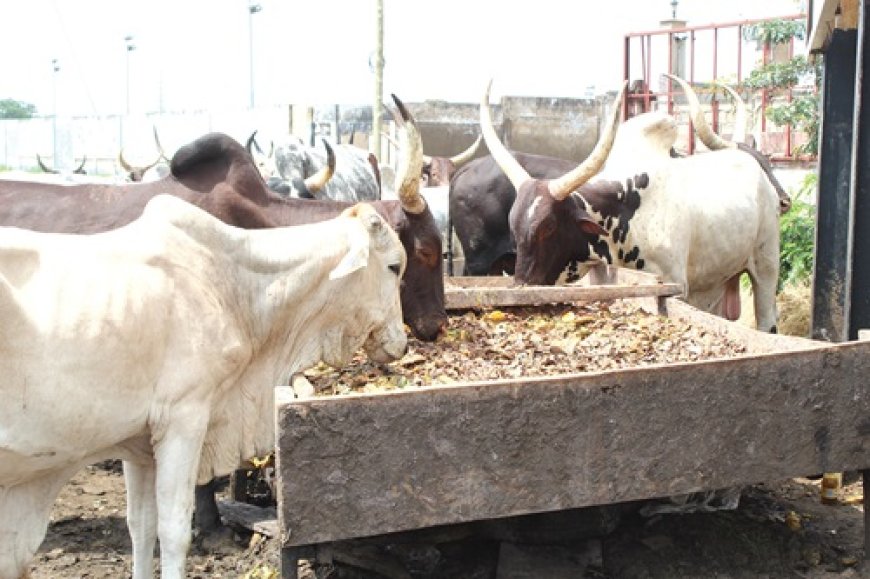
The celebration of Eid-ul-Fitr by the Muslim community is marred by soaring prices of livestock, causing low patronage and concern among consumers amidst harsh economic conditions. Market surveys conducted by the Daily Graphic in Accra and Tamale unveiled a staggering increase of over 40 per cent in the prices of livestock compared to the same period last year.
Despite abundant supplies of rams and goats, the exorbitant prices coupled with economic challenges have significantly hampered purchasing power. Traders, predominantly dealing in sheep and cows, were observed awaiting buyers amidst subdued business activities at various markets.
The depreciation of the Ghanaian cedi against the CFA franc has further exacerbated the situation, particularly affecting Zango communities such as Nima, Accra Newtown, and Avenor, where livestock prices have surged due to imports from neighboring Burkina Faso.
In Nima, the North Industrial Area, and Accra Newtown, streets lined with goats, cattle, and sheep reflected the subdued market atmosphere. Prices ranged from GH¢1,200 to GH¢2,000 for goats, while sheep and cattle commanded even higher figures, with the popular white giant ram fetching around GH¢5,000.
Similarly, in Tamale, the prices ranged between GH¢2,500 and GH¢3,000 for rams and between GH¢9,000 to GH¢30,000 for cattle, depending on size. Traders attributed the steep prices to transportation costs and currency depreciation, impacting sales negatively.
Alhassan Fuseini, a concerned trader, lamented the sluggish market, citing a lack of liquidity as potential buyers inquire about prices but leave without purchasing. Residents like Adam Salifu expressed disappointment at being unable to afford livestock due to economic constraints, compromising their ability to fully partake in the festivities.
Eid ul-Fitr, marking the end of Ramadan, typically involves official receptions, private visits, and the exchange of gifts. However, the current scenario has dampened spirits, with high livestock prices hindering traditional celebrations.
Ahmed Tijani, a trader, underscored the impact of currency depreciation and transportation costs on livestock prices, contributing to poor sales and challenging business conditions. Despite hopes for improved sales in the coming days, traders like Dawuda Buhari remain cautious, acknowledging the uncertainty surrounding consumer behavior amidst the prevailing economic climate.
As the Eid-ul-Fitr celebration unfolds, the stark reality of inflated livestock prices underscores the broader economic challenges facing communities, casting a shadow over traditional festivities.
What's Your Reaction?







